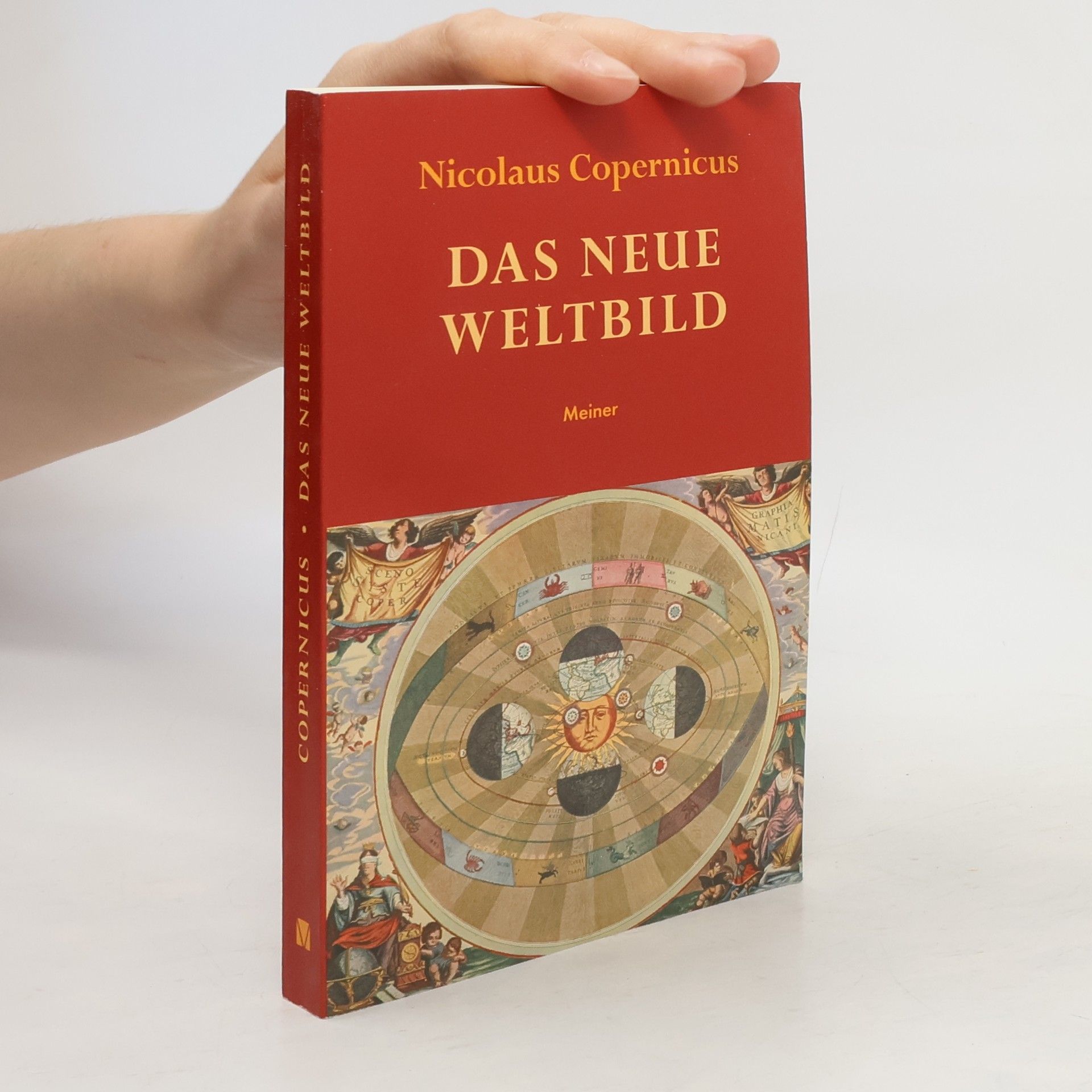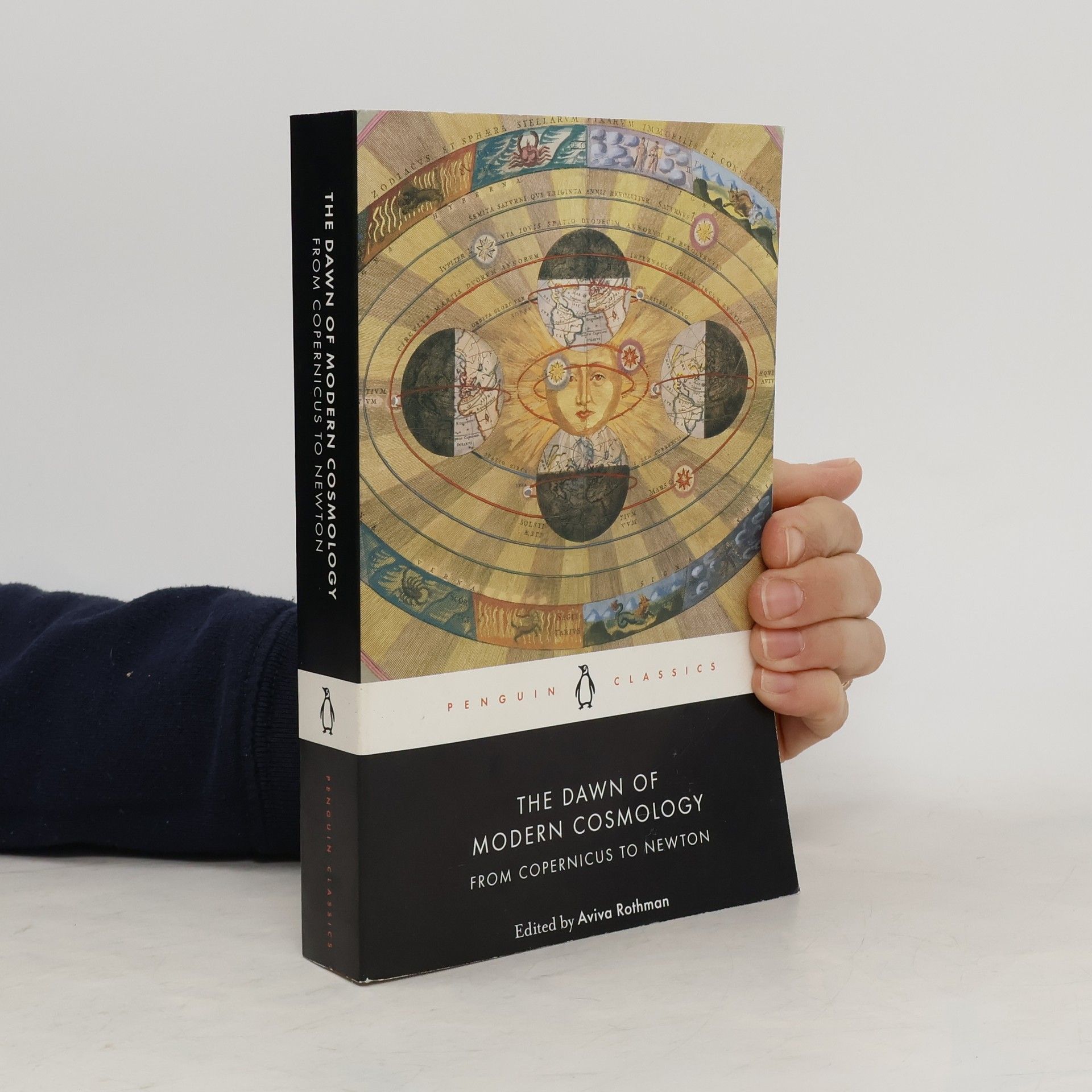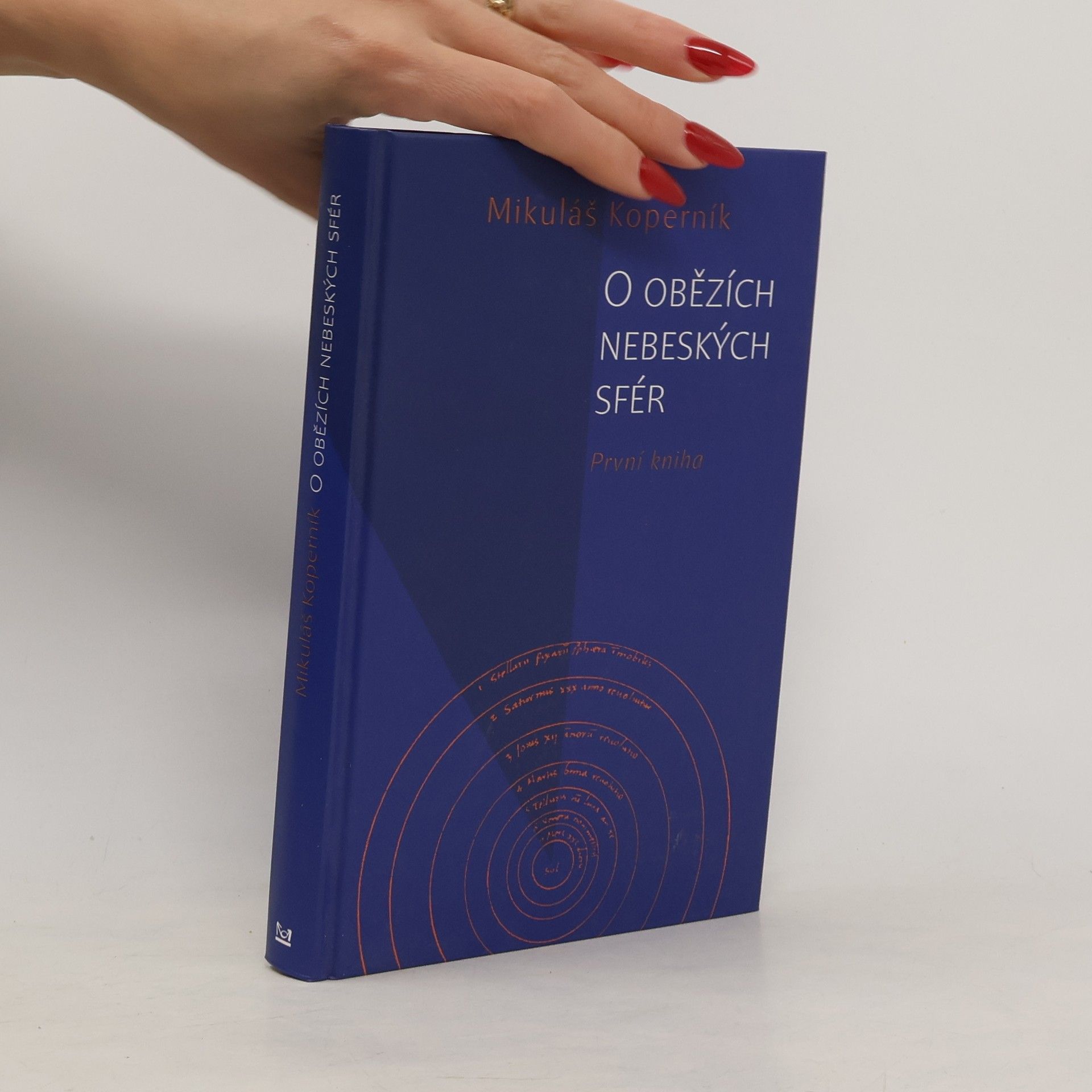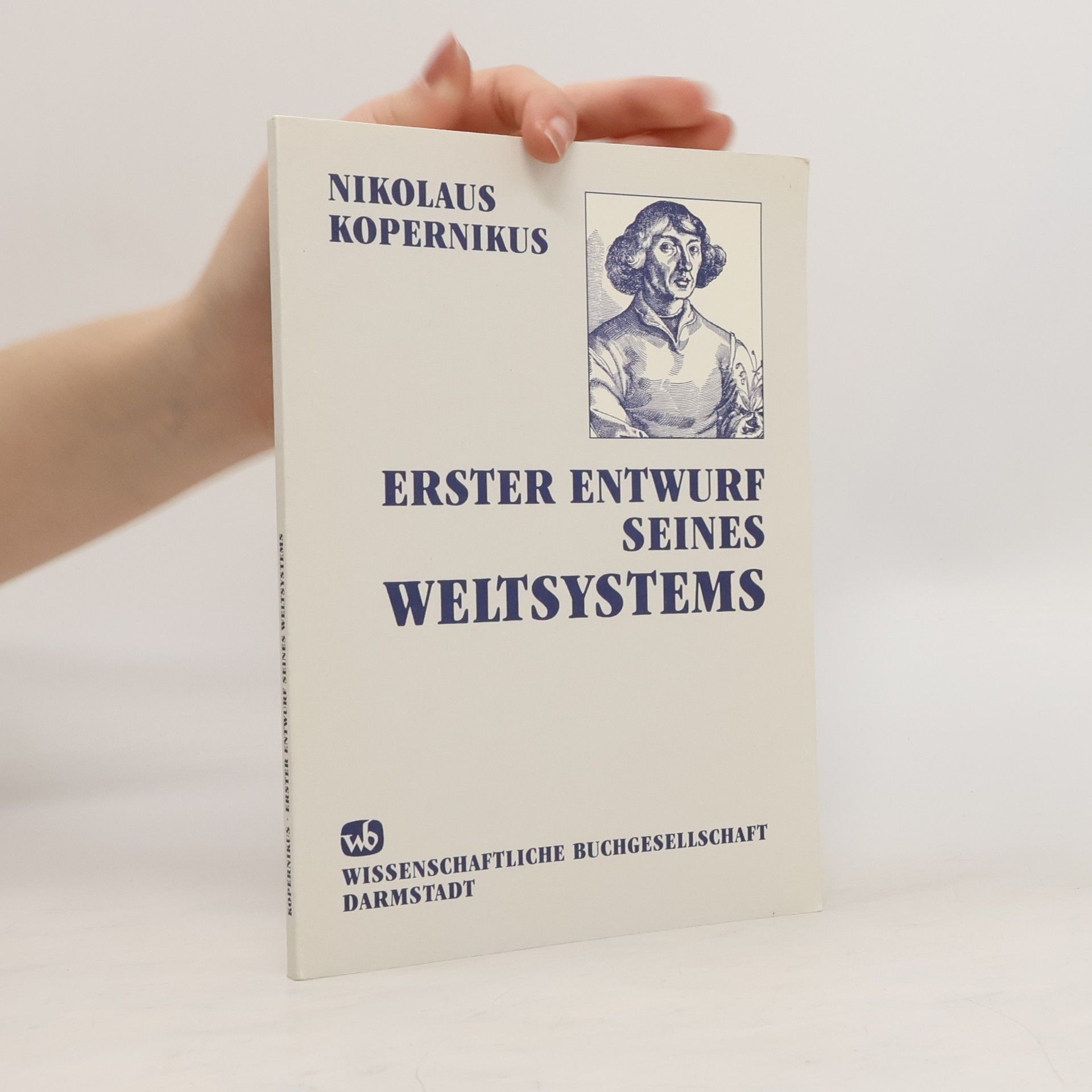The Dawn of Modern Cosmology
- 672 pages
- 24 hours of reading
New to Penguin Classics, the astonishing story of the Copernican Revolution, told through the words of the ground-breaking scientists who brought it about A Penguin Classic In the late fifteenth century, the earth stood motionless at the center of a small, ordered cosmos. Around us, it was believed, the moon, the sun, and the planets revolved in crystalline spheres, their orbits perfect, eternally unchanging circles. Just over a century later, the sun was now the center of creation; the earth just another planet hurtling through empty, near-infinite space. This is the story of an astonishing change, a transformation in human thought, about both the universe and our place within it, told through the words of the astronomers and mathematicians at its heart. Encompassing the most evocative excerpts from the works and letters of Copernicus, Galileo, Kepler, Descartes, Newton, and others, and including guiding notes from renowned historian of science, Aviva Rothman, The Dawn of Modern Cosmology is the definitive record of one of science's greatest achievements.











